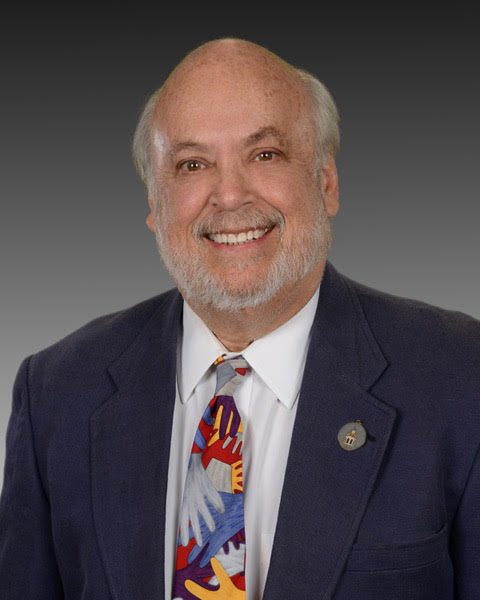By PAULA TRACY, InDepthNH.org
CONCORD – Eliminating qualified immunity for public employees from civil lawsuits resurfaced as part of an amendment to a police reform bill Tuesday, but it got nowhere after a public hearing.
The amendment, offered by state Rep. Paul Berch, D-Westmoreland, failed on a 7-14 vote by the House Judiciary Committee.
But the committee overwhelmingly voted to support Senate Bill 96 which would make law many of the measures promoted by the governor’s committee on Law Enforcement Accountability, Community and Transparency, which was formed in the wake of George Floyd’s killing at the hands of police last year and subsequent protests related to police brutality across the country, including in New Hampshire.
Berch, a former public defender, called “qualified immunity” a failed experiment undertaken in 1982 in New Hampshire and noted it “keeps bad officers on the job.”
As evidence, he pointed to the fact the state has maintained a secret list of bad acting police officers, commonly known as the “Laurie List” and wondered if there would ever be a day when the public gets to see which officers are on that list. It is the subject of ongoing litigation.
“We know citizens are being hurt by bad acting public employees,” Berch said. “The doors to our courts must remain open for redress.”
Opponents of Berch’s amendment, including the New Hampshire Municipal Association, the New Hampshire Department of Justice, police unions, and the state firefighters association, said the amendment would bring more lawsuits against municipalities, and it was simply not necessary.
Jerry Greenfield, co-founder of Ben and Jerry’s Ice Cream was among several out-of-state speakers who spoke in support the amendment. Greenfield is part of a national effort to eliminate the special protections that shield officers from prosecution.
He and co-founder Ben Cohen spoke at a news conference earlier this month in Concord in support of Berch’s effort to breathe new life into tabled legislation to end qualified immunity from civil lawsuits for police and other bad acting public officials who get sued for their behavior while on the job.
Alex Ray, owner of the Common Man restaurants, and Plymouth businessman Steve Rand also put their names and efforts behind the campaign.
Cohen explained to InDepthNH.org that “qualified immunity” is legal doctrine “that essentially says cops are above the law. We want to make it so that cops are accountable for their actions just like any other person.”
The amendment made clear that it wouldn’t apply to government officials acting in a judicial or legislative manner such as aldermen, planning board members, county commissioners, legislators, and selectmen.
Senate Bill 96 was amended, however, relative to implicit bias training for judges, making such training optional rather than required on a narrow committee vote of 11-10.
The bill will go to the full House with an ought-to-pass recommendation that incorporates some of the LEACT’s 48 recommendations for improving police transparency, training, and accountability including establishing a body-worn and in-car camera fund; amending juvenile delinquency proceedings and transfers to superior court, and establishing committees to study the role and scope of authority of school resource officers.
Prior to the hearing committee chairman and state Rep. Ned Gordon, R-Bristol, said 26 registered in support of the amendment, 178 registered in opposition and six registered as neutral.
A copy of the original bill is here http://gencourt.state.nh.us/bill_status/billText.aspx?sy=2021&id=992&txtFormat=html.
Dishonest Police
House Judiciary Panel Kills ‘Qualified Immunity’ Amendment
|

Courtesy photo
Rep. Paul Berch, D-Westmoreland